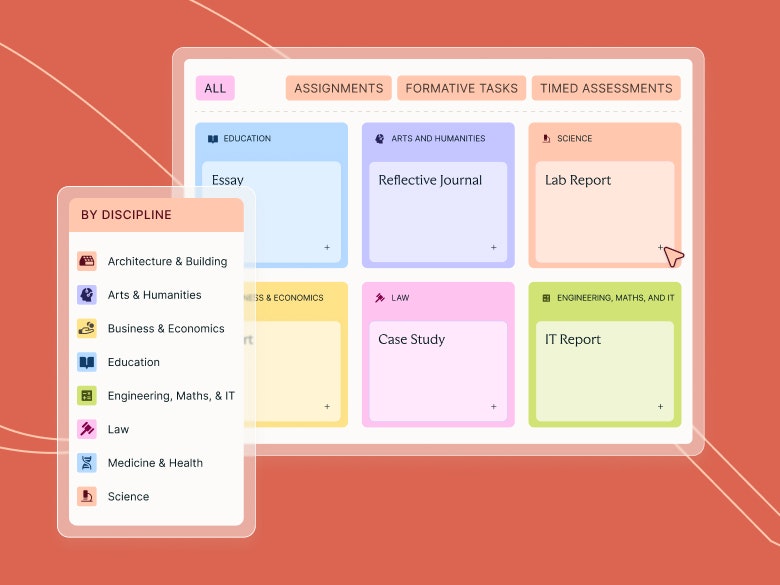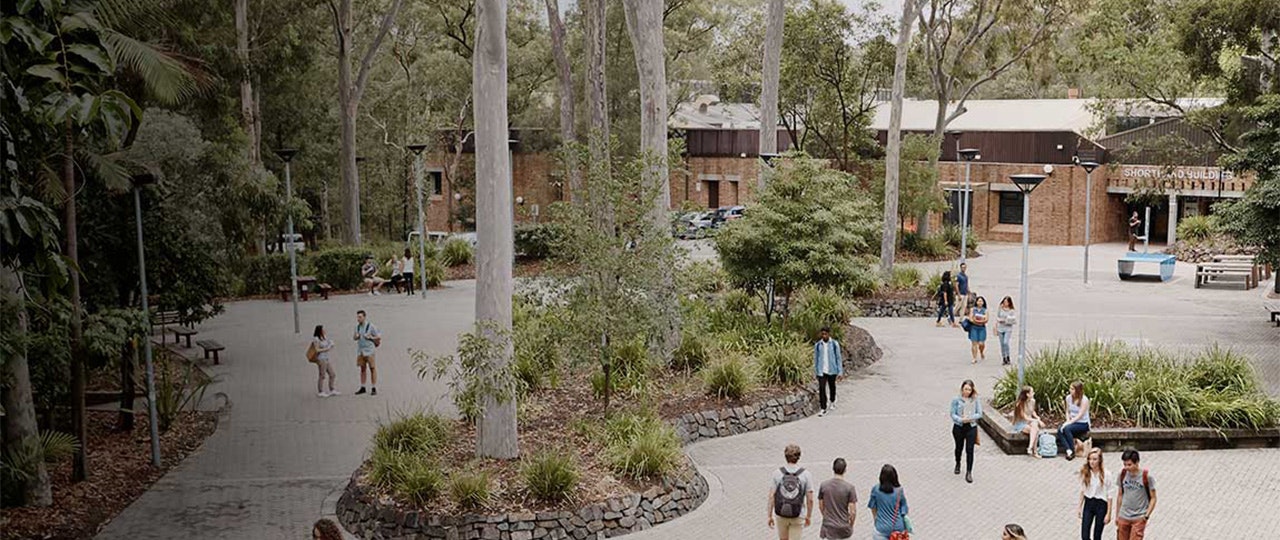News
How often do you assess your assessments?

Share with colleagues
Download the full Case Study
Take an in-depth look at how educators have used Cadmus to better deliver assessments.
We all know the importance of evaluating our teaching. It’s one of the best things we can do to support students in consistently achieving outcomes. Knowing what works, and what doesn’t, what resonates with students, and what they find challenging, can all help in improving how you teach going forward. It can help you prioritise what content needs a refresh, but also identify how to enhance what’s working well.
When evaluating our teaching we often start with what happens in the classroom. Were my lectures engaging? Did I explain things clearly? Was I approachable enough? But teaching is about much more than what happens during the few hours of contact with students every week. Taking a broader approach to evaluation is useful in helping educators improve — both inside and outside the classroom.
Evaluating assessment effectiveness
Assessment forms a fundamental part of how students learn in a subject and has become the primary indicator in gauging student learning. Evaluating your assessments becomes a natural part of your teaching process, as you work towards helping your students demonstrate achievement of their learning outcomes.
When reviewing your assessments, it’s important to not just consider the outcomes and content, but the process as well. Understanding how well your students have met the assessment outcomes is a priority, but the impact your current assessment design has on things like your workload, your ability to provide effective feedback or gauge student engagement, is also incredibly important. Taking a holistic view of the entire assessment experience can help you create assessment processes that are better for you and your students.
Using Cadmus simplifies the assessment process for teachers and students — making it easy to manage instructions, resources and submissions.
Students need feedback to improve, and so do you
When it comes to assessments, the feedback available to you can sometimes be limiting, but it’s vital to effective evaluation. Ideally, the feedback you use pulls in data from a variety of sources — helping you paint a detailed picture of what your students learned and how they engaged. The more information you have about student learning, the more confident you can be in making changes to your assessment and teaching.
Your class’ assignment results are a good place to start, and can give you an indication of the quality of the assessment. Using the results, you can start to think about things like…
-
Were the instructions clear to students?
-
Did the outcomes encourage higher level thinking, beyond showing knowledge and understanding?
-
Did your assessment effectively guide students towards meeting the learning outcomes?
Student evaluations are another source of feedback, although their validity and timing can make them a challenge to work with. With student surveys completed weeks after assessments are wrapped up, they often lack context or the assessment specific comments you need to make valuable decisions. It also means that any feedback you receive about an assessment, and any relevant improvements you want to make, are of no benefit to your current students.
Better insight, better evaluation
Creating good assessment isn’t easy — and neither is evaluating and iterating on it. Even when you proactively try to improve your assessments, the shortage of available information makes it difficult to understand any underlying problems, or effectively make decisions.
By using a tool like Cadmus to deliver assessments to students, you’re immediately given access to cohort level data about how your students are interacting and engaging with a written assessment — right throughout the duration of an assignment. The transparency and insight into student learning journeys available through Cadmus make it possible to evidence learning in a way you’ve never been able to do before.
Category
Teaching & Learning
More News
Load more
Academic Integrity
Assessment Design
Teaching & Learning
Student Success
From bold ideas to real assessment change: What we heard at the Universities Australia Solutions Summit
Last week in Canberra, the Universities Australia Solutions Summit delivered on its promise of big ideas, bold conversations, and real solutions. These are the themes that stood out—from keynote sessions to candid conversations with university leaders across the Summit.
Cadmus
2026-03-02

Assessment Design
Company
Independent ROI analysis: What the findings mean for Universities
Independent analysis by Nous Group confirms a clear link: stronger assessment design improves student outcomes, strengthens retention, and delivers measurable financial return — with a 7.1x average ROI.
2026-02-18

Assessment Design
Leadership
Teaching & Learning
Secure assessment: From policy to practice
This article examines how Australian universities can translate assessment policy intent into sustainable practice amid growing pressures from generative AI, regulatory expectations, and equity considerations. It advocates a shift from surveillance-driven approaches toward a whole-of-institution, design-led model of academic integrity that balances secure assessment with learner-centred practice and public trust.
Cadmus
2026-02-09